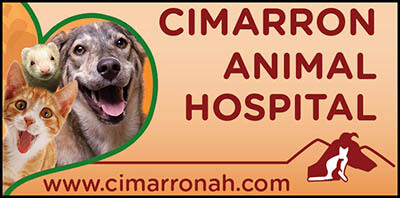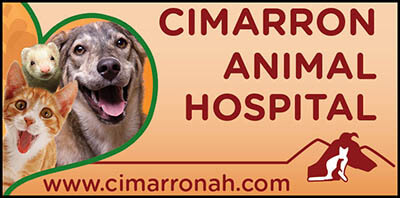Omega-3 fatty acids have a number of potential benefits in dogs and cats with allergic skin, such as reducing inflammation and improving the skin’s general condition. When the skin is healthy, its natural barrier function against allergens (pollens, dust mites, molds) improves, minimizing the allergic reaction.
What are Omega-3 Fatty Acids?
The two health-promoting omega-3 fatty acids, EPA and DHA, are long chain omega-3 fatty acids and are found abundantly in fish. Flax seed oil contains alpha-linolenic acid, or ALA, a shorter chain omega-3 fatty acid that requires the enzyme delta-6 desaturase to convert it into EPA and DHA in the body. Humans and dogs have
limited ability to convert ALA to EPA and DHA. Cats have even less ability to convert ALA to EPA and DHA.
Therefore, supplementation with a high quality omega-3 fish oil is recommended for humans, dogs, and cats.
What are the important health benefits of fish-derived omega-3 fatty acids, EPA and DHA, in dogs and cats?
- Decreasing Inflammation: One of the key functions of the omega-3 fatty acid EPA is supporting the body’s natural anti-inflammatory response. Dogs and cats can suffer from numerous inflammatory conditions that can affect their health and well-being. Studies have shown supplementation of omega-3 fatty acids from fish supports dogs and cats with inflammatory conditions associated with the skin, joints, kidneys, and heart.
- EPA promotes healthy triglyceride (fat) levels within the blood of dogs
- Shiny Coat and better skin condition. Essential fatty acid supplementation is known to maintain general skin and coat quality in dogs and cats. Human studies have also shown that omega-3 fatty acid supplementation supports weight loss.
What results should I expect to see in my dog or cat after omega-3 fatty acid supplementation?
Improved coat condition is common when pets start taking omega-3 fatty acids. This may take a month or two to manifest as old fur falls out and new, healthier fur fills in. The anti-inflammatory effect of a therapeutic dose of omega-3s will also help to reduce your pet’s skin inflammation and decrease the numbers of infections secondary to allergen exposure and self-trauma (chewing, licking and scratching).
Research shows that fatty acid levels reach a steady state within about one month of starting supplementation. Results vary for every pet. Consistency in giving your pet omega-3s is key to seeing results.
Are there any safety issues if my pet receives an over-supplementation of Omega-3 fatty acids?
Platelets are a type of blood cell important for formation of a blood clot to stop bleeding if the body is cut or injured. Omega-3 fatty acids can decrease the ability of platelets to stick together and form a blood clot quickly if taken in excess.
Do omega-3 fatty acids affect behavior and mood in dogs and cats?
The effects of omega-3 fatty acids on behavior in dogs and cats have not been well researched. However, one recent study did show that dogs with aggression problems had lower blood levels of DHA and higher omega-6 to omega-3 ratios than dogs without aggression. Although this study does not prove cause and effect, it does suggest that omega-3 fatty acid supplementation may be beneficial for pets with aggressive conditions.
Omega-3 fatty acid supplementation has also been researched in humans with cognitive dysfunction. Results of these studies have suggested that omega-3 fatty acids may be beneficial in maintaining cognitive function. Therefore, improved behavior may be appreciated in older pets, especially those suffering from cognitive dysfunction.
Selecting a Quality Fish Oil Supplement
PURITY Your pet’s omega 3 fish oil should be microdistilled for purity, without the use of chemicals or excessive heat, in order to effectively remove heavy metals, such as mercury and lead.
PICK THE RIGHT CONCENTRATION
The therapeutic dose of omega-3 fatty acids we currently recommend for dogs and cats :
20 mg/ pound Eicosapentaenoic acid (EPA) per day.
Make sure to read the supplement facts on the label to know how much EPA and DHA is in each capsule. A “1000 mg” soft gel refers only to the size of the soft gel, not the levels of EPA and DHA.
We recommend avoiding cod liver oil as it is too high in vitamins A and D when administered at a therapeutic EPA+DHA dose and can cause toxicity of these vitamins.
The total daily dose can be administered at a single time daily or can be divided over the course of the day.


